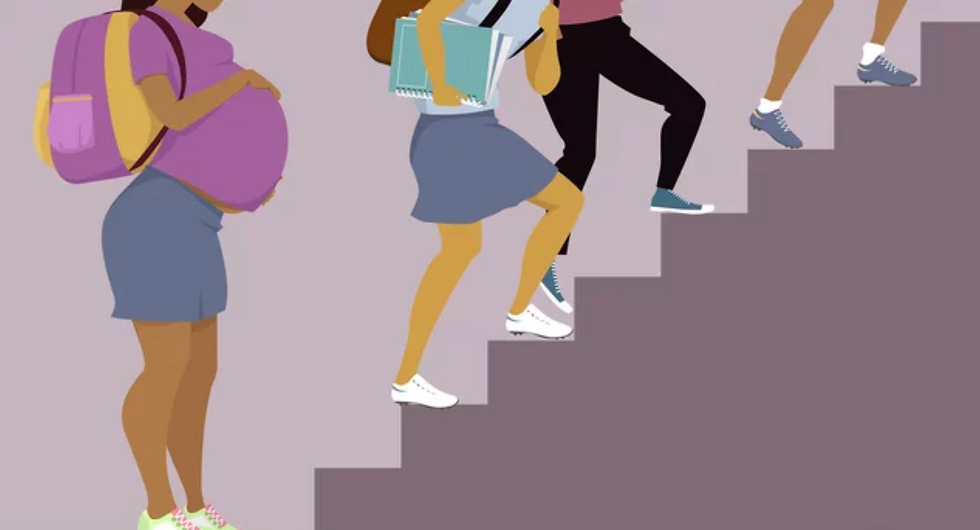Making Sense of the Problem: Key Takeaways on Teen Pregnancy
- Chinekwu Obidoa
- Nov 6, 2024
- 2 min read
Updated: Mar 3, 2025

These disparities are not random; they are the result of deep-rooted social, economic, and historical factors that have shaped the lived experiences of young African American women in Middle Georgia. The question then becomes: what does this mean for individuals and the broader community?
The Impact on Teens and Families
Many of the children born to teen mothers end up being trapped in a cycle of poverty, low educational attainment, psychological distress, and low achievement which inevitably renders them exceptionally vulnerable to sexual risk-taking and teen pregnancy, perpetuating a cycle of multi-generational predisposition to a variety of social and health problems.
Historical and Structural Inequities
Teen pregnancy disparities are tied to a legacy of racial and economic inequality. Policies and practices dating back to segregation, redlining, and economic disinvestment have shaped the environments where many young African Americans grow up.
Economic Hardship & Employment Instability: A system of marginalization and its legacies in Middle Georgia leaves people trapped in systematic poverty, internalized racism, and toxic neighborhoods.
Family Disruption & Incarceration: Children who have an imprisoned parent are 4-5 times more likely to commit a criminal offense… Abrupt shifts in family structure undermine the creation of paternal or maternal bonds necessary for healthy psychosocial development.
These historical factors have resulted in concentrated poverty, fewer job opportunities, and systemic barriers to social mobility, all of which increase the risk of early pregnancy.
A Reflection of Systemic Inequities
Teen pregnancy is not just a personal issue; it reflects broader structural and historical challenges. Research highlights multiple contributing factors, including individual psychosocial processes, peer and relationship dynamics, family-based factors, and community realities. These elements are deeply intertwined with systemic barriers, such as:
Economic Hardship: Poverty as both a cause and consequence of the high burden of disease and disability featured in many of the lived experiences of our study participants.
Family Structure & Instability: Children who have an imprisoned parent are 4-5 times more likely to commit a criminal offense… Abrupt shifts in family structure undermine the creation of paternal or maternal bonds necessary for healthy psychosocial development.
Education & Healthcare Gaps: Participants in our study were not provided adequate sex education which would have been protective against risky sexual behavior… Additionally, participants directly reported inadequate access to good healthcare, specifically culturally competent obstetrics and gynecology physicians who possessed an in-depth understanding of the stressors and family dynamics affecting new teen parents.
Generational Trauma & Historical Inequities: The historical experience of race in America has a bearing on the current health-related experiences of African Americans, yet very few studies have explored how the legacies of marginalization and neglect have featured in shaping the continued vulnerability to teen pregnancy.
Moving Forward
Understanding these underlying causes allows for more targeted interventions. Addressing teen pregnancy in Middle Georgia requires systemic changes, including better access to comprehensive sex education, community support programs, healthcare reforms, and economic opportunities. A holistic, multi-level approach that addresses both individual behaviors and structural barriers is necessary to break the cycle of teen pregnancy and create lasting change.


Comments